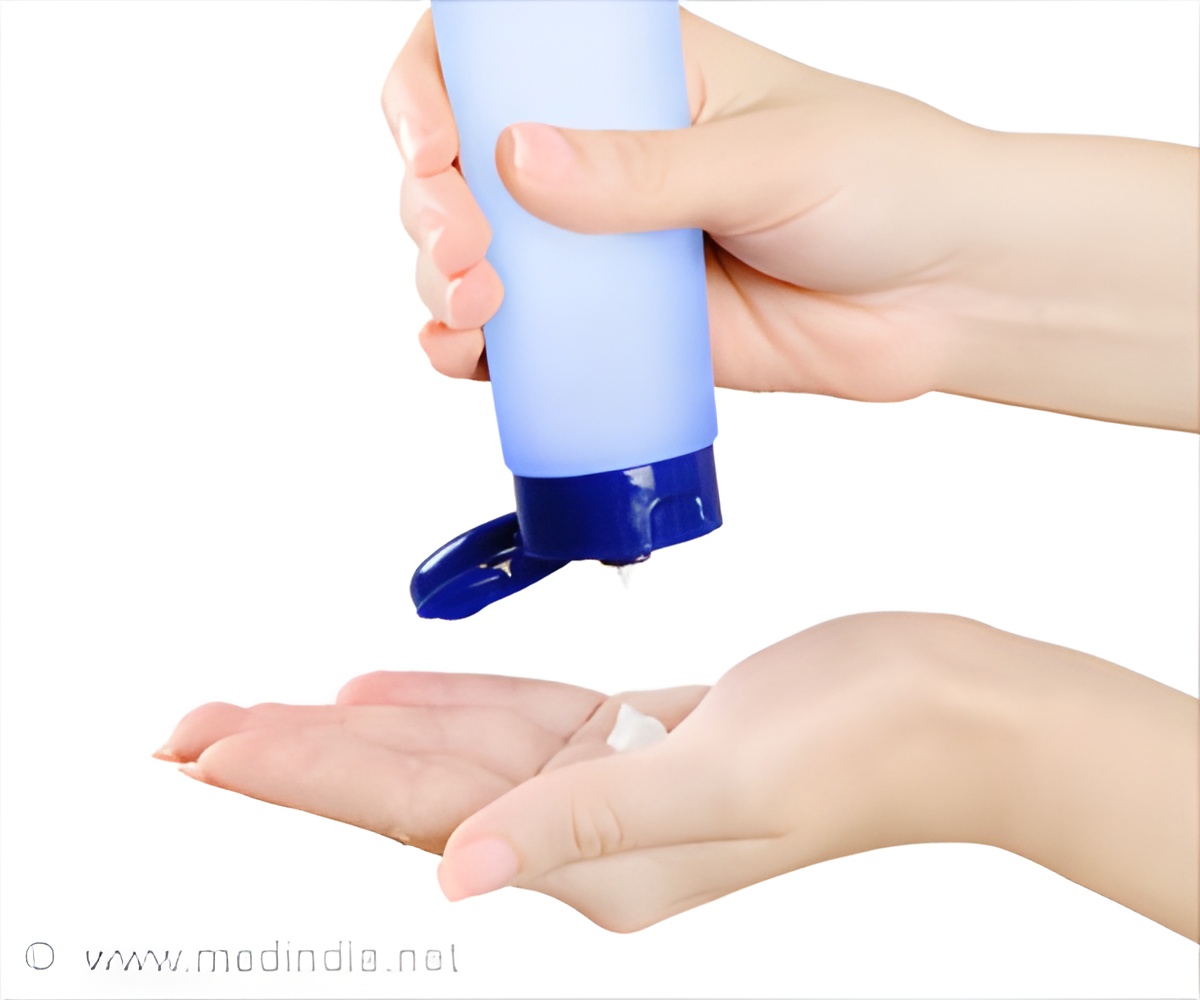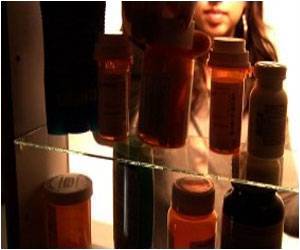Corticosteroids are anti-inflammatory medicines which can lead to substantial and permanent damage to thin skin, such as on the face and groin.

‘Side effects of steroid-rich skin creams include pigmentation, breakdown of the skin, small and widened blood vessels on the skin, as well as bacterial and fungal infections.’





A study of 2,926 dermatology patients in 2013 showed that 433 (14.8%) were using topical steroids and 392 (90.5%) had harmful effects, Verma pointed out. “The public, as well as doctors of all specialties, need to be informed and educated about safe use of topical corticosteroids,” he said.As required by law in India, strong steroids can be sold only with a registered medical practitioner’s prescription. However, topical steroids are exempt and can be purchased over the counter. “This needs urgent revision,” he said. Another problem that leads to the inappropriate use of topical steroids is that too few specialist dermatologists are available.
The majority of India’s some 8,500 dermatologists are based in cities, while most of India’s population are dispersed in villages, Verma said. “So many patients seek treatment for skin disease from primary care providers, including thousands of ayurvedic and homeopathic practitioners and unqualified charlatans,” he explained.
“Although it is illegal, they may prescribe topical corticosteroids with little or no knowledge of dermatology,” Verma said, adding that many pharmacists “sell steroid creams without a prescription, ignoring the box warnings.”
Source-IANS















